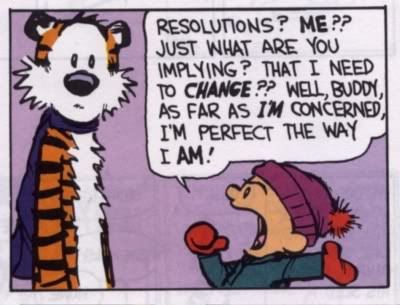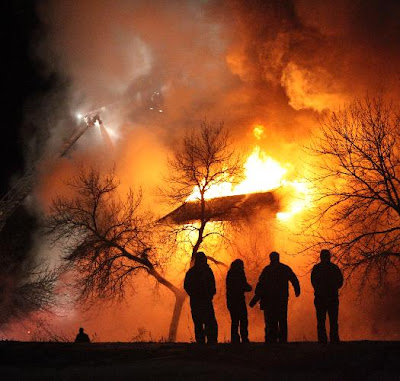A legend at my foundation passed last week. I'm not sure how well Terrence Keenan is known outside of the health foundation world, but his amazing work in philanthropy became the basis of an award created in his name at Grantmakers in Health. He worked in philanthropy for 40 years and though his focus and committment was to the health and health care of Americans, his leadership in philanthropy spans all areas in the field. Last week I wrote about what makes a perfect 21st Century foundation. Here are Mr. Keenan's thoughts on what makes a great foundation altogether:
A great foundation is informed and animated by moral purpose.
A great foundation accepts responsibility and stewardship for pursuing these purposes.
A great foundation walks humbly with its grantees—it acknowledges that their success is the instrument of its own success.
A great foundation is deliberate. It is guided by judgment. It acts where there is a need to act. It takes necessary risks—and proceeds in the face of great odds.
A great foundation is a resource for both discovery and change. It invests not only in the identification of answers, but also in the pursuit of solutions.
A great foundation is accountable. It functions as a public trust—and places its learning and experience in the public domain.
Finally, a great foundation is self-renewing. It adheres to a constant process of self-reflection and self-assessment. It knows when it needs to change and to adopt measures to improve its performance.
More about Mr. Keenan's philosophy on health philanthropy can be found at: http://www.rwjf.org/files/publications/other/ThePromiseAtHandByTerranceKeenan.pdf


